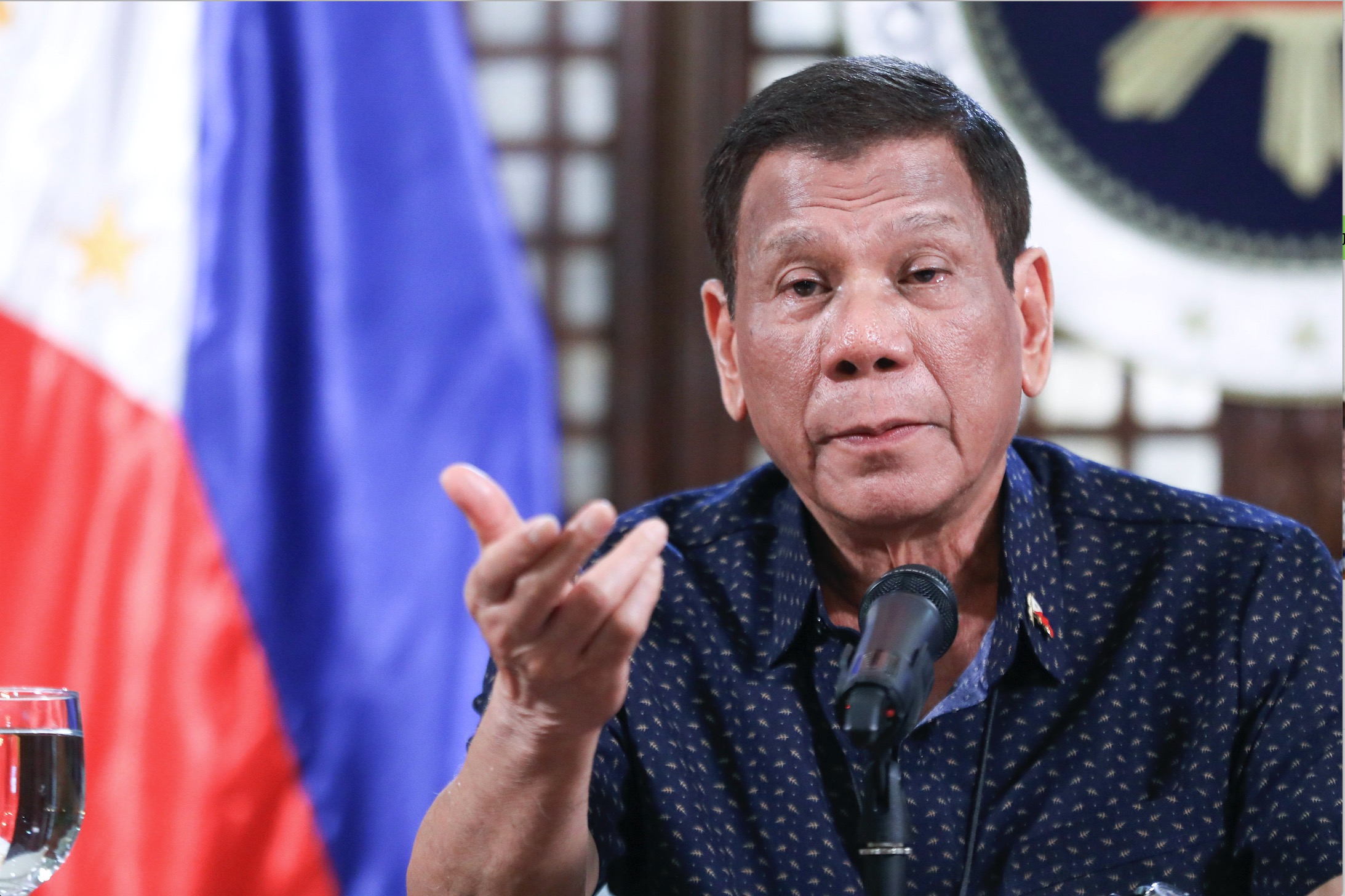 An investigation into the operations of Philippine Offshore Gaming Operators (POGOs) has found that the former President of the Philippines, Rodrigo Duterte, may have exceeded his executive powers and infringed upon the legislative powers of Congress.
An investigation into the operations of Philippine Offshore Gaming Operators (POGOs) has found that the former President of the Philippines, Rodrigo Duterte, may have exceeded his executive powers and infringed upon the legislative powers of Congress.
During a committee hearing in the House of Representatives, Representative Gerville Luistro raised concerns about Duterte's Executive Order No. 13, which referred to online gaming as "online gaming" and allowed POGOs to flourish in the country, constituting a legislative act - completely within the prerogative of Congress.
Luistro noted that Executive Order No. 13 was the first time the term "online gaming" was officially mentioned in a presidential decree, a term not found in the existing legal framework established by Presidential Decree No. 1869 and Republic Act No. 9487, which expanded the franchise of the Philippine Amusement and Gaming Corporation (PAGCOR). "'Online gaming' has never been mentioned in PD 1869 and RA 9487," she pointed out, raising concerns about potential encroachments on legislative power by the executive branch.
Harry Roque on Duterte's Actions
Harry Roque, Duterte's spokesperson, was asked for his perspective. However, Roque explained that his role as spokesperson was primarily to communicate the President's decisions to the public, not to challenge them. "I actually can't contradict him. I can't correct him. He is my principal," Roque emphasized, clarifying that his stance would not affect the President's legal decisions.
When asked whether he believed Duterte's Executive Order No. 13 exceeded the boundaries of executive power, Roque insisted that all executive orders are presumed constitutional until proven otherwise in court.
"According to our framework, unless proven otherwise, executive orders and legislation are presumed to be constitutional. This stance highlights the usual presumption of legality accompanying executive orders, with the constitutionality of such orders being determined through judicial review," he said.
Principle of Separation of Powers
Luistro further argued that Duterte's Executive Order No. 13 may have violated the principle of separation of powers, as it effectively enacted a new law - an action constitutionally reserved for Congress. "When the [former] President issued Executive Order No. 13, this is a humble submission of that statement, he legislated, he amended, he repealed laws, an act that breaches the fundamental principle of separation of powers," she asserted, emphasizing the potential constitutional conflicts raised by the executive order.
Review of Executive Order No. 13
Issued during Duterte's presidency, Executive Order No. 13 aimed to clarify the regulation of online gaming in the Philippines, a sector that has since become both economically significant and controversial. The order expanded the supervisory functions of the Office of the President to include online gaming, a move critics argue circumvented the existing legal oversight of PAGCOR.
Luistro's criticism of Executive Order No. 13 primarily focused on the viewpoint that the order introduced new regulatory measures without the explicit approval of Congress, thereby undermining legislative procedures. She reiterated that procedural law should always be subordinate to substantive law and stressed that the executive branch should not unilaterally expand its regulatory scope without legislative support.
Possible Duterte Connections with POGOs
Last month, Senator Risa Hontiveros expressed skepticism about Duterte's relationship with POGOs. Hontiveros highlighted the possibility of deeper connections between Duterte and POGOs and noted that Duterte's former advisor, Michael Yang, may have links with several POGO companies.
POGO Ban Effective
In July, President Ferdinand Marcos Jr. ordered a comprehensive ban on POGOs across the country. He directed PAGCOR to phase out all legal and illegal POGO operations by the end of the year.
Marcos' decision came after numerous high-profile cases and investigations related to POGOs were exposed. POGOs in the Philippines have been associated with crimes such as human trafficking, forced abductions, murders, illegal detention, kidnap for ransom, theft, and robbery extortion.










